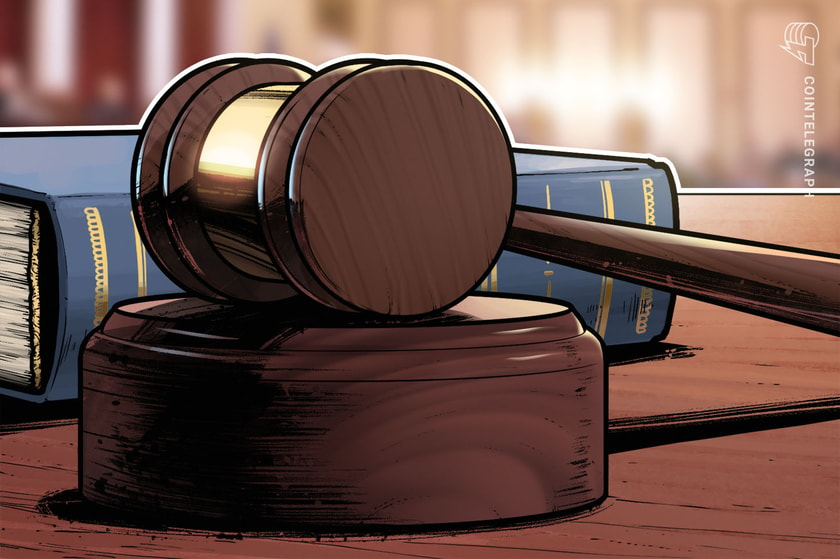When the leaders of the American Revolution signed the Declaration of Independence on July 4, 1776, they had no guarantee of victory. The battle for independence was underway, and their prospects were uncertain. Despite occasional victories, these audacious freedom fighters were grossly outnumbered and had difficulty retaining volunteer soldiers. Their commitment to the cause of freedom was their only fighting chance.
Cryptocurrency as an open-source software industry is in a similar predicament. The United States Securities and Exchange Commission and banking regulators are trying to dismantle this budding industry, brandishing lawsuits and an intimidating array of regulatory measures designed to make compliance impossible.
Crypto’s fighting chance is embedded within the very words and legal principles put forth by America’s founders in the Constitution. They designed the Constitution on the principle of the separation of powers inspired by the Enlightenment. Their vision was of a system with three separate but coequal branches of government, each acting as a safeguard against the potential abuse of power by the others.
Coinbase stands at the vanguard in the modern battlefield of cryptocurrency as it stares down a lawsuit brought by the SEC. In June, the company delivered a declaration in response to the lawsuit that leans on the “major questions doctrine.” This essential legal principle holds agencies like the SEC accountable when they circumvent Congress’ role in our constitutional structure and manipulate vague and antiquated statutes for their own ends.
Related: Elizabeth Warren wants the police at your door in 2024
In recent landmark cases that curbed executive overreach in both the Obama and Biden administrations, the Supreme Court has underscored the importance of the major questions doctrine. This doctrine underlines the crucial point that when agencies attempt to regulate questions of significant national or political importance, they must have explicit authorization from Congress.
This doctrine is not new nor untested. When the Food and Drug Administration (FDA) attempted to regulate cigarettes, justifying action by defining them under the FDA’s authority over drugs, the Supreme Court struck down the agency’s overreach. The court pointed out that nicotine, while technically a drug, did not fall under the palliative class of drugs Congress had intended when creating the FDA.
A similar verdict was reached regarding the Environmental…
Click Here to Read the Full Original Article at Cointelegraph.com News…
